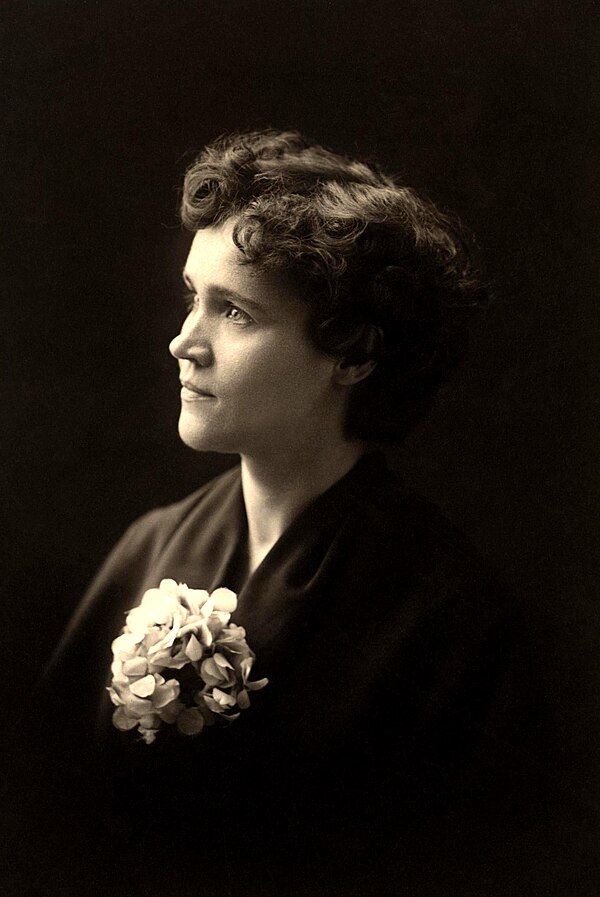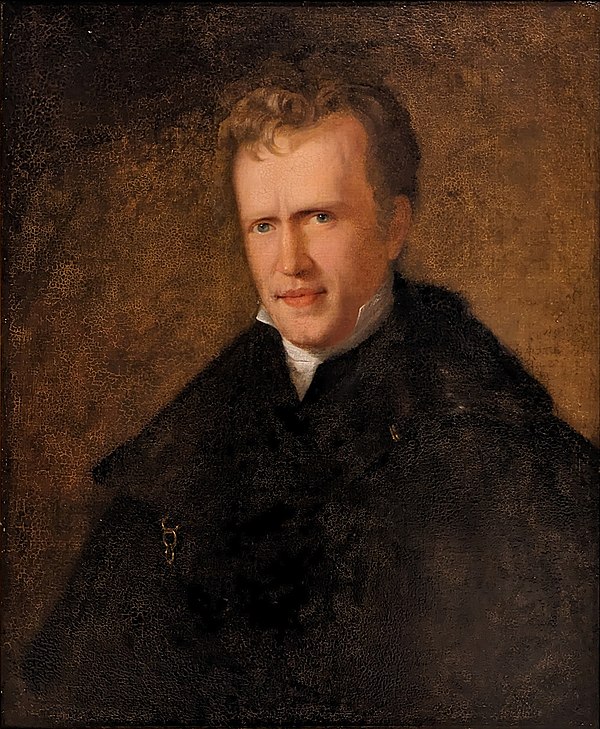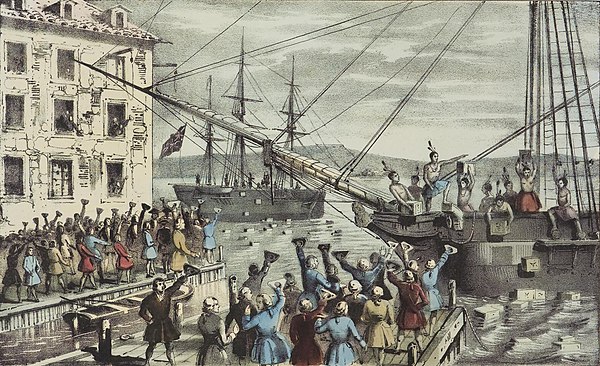20250107
From today's featured article
Gerald Durrell (7 January 1925 – 30 January 1995) was a British naturalist, writer and zookeeper. He was born in British India and moved to England in 1928. In 1935 the family moved to Corfu, but the outbreak of World War II forced them to return to the United Kingdom. In the 1940s he began animal-collecting trips for zoos, and published well-received accounts of these, starting with The Overloaded Ark. His account of the years in Corfu, titled My Family and Other Animals, appeared in 1956 and became a bestseller. He founded the Jersey Zoo in 1959, intending it to be an institution for the study of animals and for captive breeding. Durrell and his second wife, Lee McGeorge, made several television documentaries in the 1980s, including Durrell in Russia and Ark on the Move. They co-authored The Amateur Naturalist, which became his most successful book, selling well over a million copies. His ashes were buried at Jersey Zoo. (Full article...)
Did you know ...
- ... that Queen Melisende (pictured) was so incensed by the rumours of her alleged infidelity that neither her husband nor his friends felt safe in her presence?
- ... that the questionnaire prepared after the Jewish Ethnographic Expedition had 2,087 questions and was called "a modern epic"?
- ... that during World War II, US Army casualty telegrams were sent out in the name of Major General James Alexander Ulio?
- ... that to raise funds for the Council of District Dumas, its chairman led an armed squad to storm the Moscow headquarters of the State Bank?
- ... that the Boldy James and Sterling Toles collaborative album Manger on McNichols took over a decade to make?
- ... that Renildo José dos Santos, a Brazilian councilman, was murdered in 1993 after publicly coming out as bisexual?
- ... that a Kansas City TV station was under contract to be sold within a week of its first regular broadcast?
- ... that Her Story was described as China's answer to Barbie?
- ... that football player Jahkeem Stewart was 6 feet 4 inches (1.93 m) and 340 pounds (150 kg) in sixth grade?
In the news
- Justin Trudeau (pictured) announces his intention to resign as prime minister of Canada.
- Luke Littler wins the PDC World Darts Championship.
- A spree shooter in Cetinje, Montenegro, kills 12 people and injures 4 others.
- Romania and Bulgaria become full members of the Schengen Area.
On this day
January 7: Christmas (Eastern Christianity; Julian calendar); Victory over Genocide Day in Cambodia; Laba Festival in China (2025)
- 1797 – The Italian tricolour was first adopted as an official flag by the government of the Cispadane Republic.
- 1904 – The Marconi International Marine Communication Company specified CQD (audio featured) as the distress signal to be used by its operators.
- 1939 – French physicist Marguerite Perey identified francium, the last element to be discovered in nature rather than by synthesis.
- 1979 – The People's Army of Vietnam captured Phnom Penh, marking the end of large-scale fighting in the Cambodian–Vietnamese War.
- 2020 – After 253 days without an operational government, a second round of investiture votes produced Spain's first coalition government since the Second Republic.
- Francis Poulenc (b. 1899)
- Melly Goeslaw (b. 1974)
- Richard Hamming (d. 1998)
- Run Run Shaw (d. 2014)
Today's featured picture

The golden-fronted woodpecker (Melanerpes aurifrons) is a species of bird in the woodpecker family, Picidae. It is found in the southern United States, Mexico and parts of Central America. It inhabits mesic and xeric landscapes, including mesquite brushlands and riparian woodlands. It can also be found in urban parks and suburban areas. Males and females have the same plumage except for the pattern on their heads. Adult males have a red crown and a golden orange to yellow nape with a gap between them; females have a grayish crown and a paler yellow nape. The golden-fronted woodpecker has a diet of adult and larval arthropods, some aerial insects, fruit, nuts and corn, as well as occasionally eating other birds' eggs. The bird has a loud call and a short, slow drumming pattern. This male golden-fronted woodpecker was photographed perching on a branch in Copán, Honduras.
Photograph credit: Charles J. Sharp




























































































































